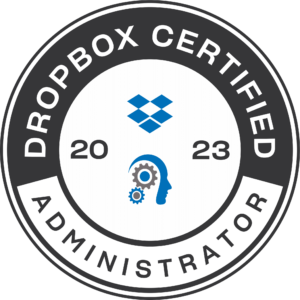Networking is such a broad term that it covers everything from re-configuring office technology after a move; to security issues or the redesign of a server system.
At SupportPlan, the simple answer is that whatever your networking needs, we can provide the answers:
– in the event of a move or office expansion, our team can expertly manage your IT needs, including practical electrical and cabling requirements, optimum positioning of IT equipment and advice on the best systems and solutions
– IT infrastructure redesign – you may find that although you have a very fast server, the interface with your computers is slower than you would like. By re-configuring your network, we can promise you a much faster solution and recommend any upgrades that might be necessary
– making sure your networking security is watertight is essential, especially given that networked resources such as servers, firewalls and routers are now the norm. Having the right top level technical expertise matters now more than ever before – find out more by visiting our IT Security page.
Firewalls are an essential component of any organisations security infrastructure. A firewall is a type of software or hardware device that sits between an organization’s internal network and the Internet or other external networks. The primary purpose of a firewall is to monitor and control traffic entering and leaving the network, based on a set of predefined rules.
Firewalls are necessary for several reasons:
- Protection against external threats: Firewalls prevent unauthorised access to an organisation’s network from external sources, such as hackers and malicious software. Firewalls can also prevent outbound traffic from a network to known malicious destinations.
- Control of internal network traffic: Firewalls can be configured to restrict access to internal network resources based on user, device, or application. This helps prevent unauthorised access to sensitive data or systems by restricting access to only those who require it.
- Compliance with regulations: Many industries are subject to various regulations and standards that require specific security controls, including firewalls. Compliance with these regulations is necessary to avoid legal penalties and reputational damage.
- Improved network performance: Firewalls can be configured to optimise network traffic by prioritising certain types of traffic, such as VoIP or video conferencing, and limiting or blocking non-essential traffic.
In summary, firewalls are a crucial part of any organisations security infrastructure, providing protection against external threats, controlling internal network traffic, ensuring compliance with regulations, and improving network performance.
We work with:
Unifi Firewall: The Unifi Security Gateway is a firewall that offers advanced security features, including deep packet inspection, intrusion detection, and prevention. It is designed to work with the Unifi Controller, which provides centralised management of the Unifi network.
Kerio Firewall: Kerio Control is a firewall solution that includes advanced security features such as antivirus and anti-spyware protection, intrusion detection and prevention, and VPN connectivity. It is designed to be easy to use, with a simple web-based management interface.
SonicWall Firewall: SonicWall is a firewall solution that provides advanced security features such as intrusion prevention, antivirus and anti-malware protection, and application control. SonicWall firewalls are designed to be scalable and can be deployed in small or large networks.
Draytek Firewall: Draytek is a firewall solution that includes advanced security features such as VPN connectivity, intrusion detection and prevention, and content filtering. Draytek firewalls are designed to be easy to use and provide detailed reporting and monitoring capabilities.
Sophos Firewall: Sophos is a firewall solution that provides advanced security features such as antivirus and anti-malware protection, intrusion prevention, and content filtering. Sophos firewalls are designed to be scalable and provide centralised management of the network security.
All of these firewall solutions offer advanced security features to protect organisations from various types of cyber threats. The choice of a firewall solution will depend on the specific needs and priorities of the organisation, such as the size of the deployment, the desired level of security, and the types of threats that need to be addressed.


























